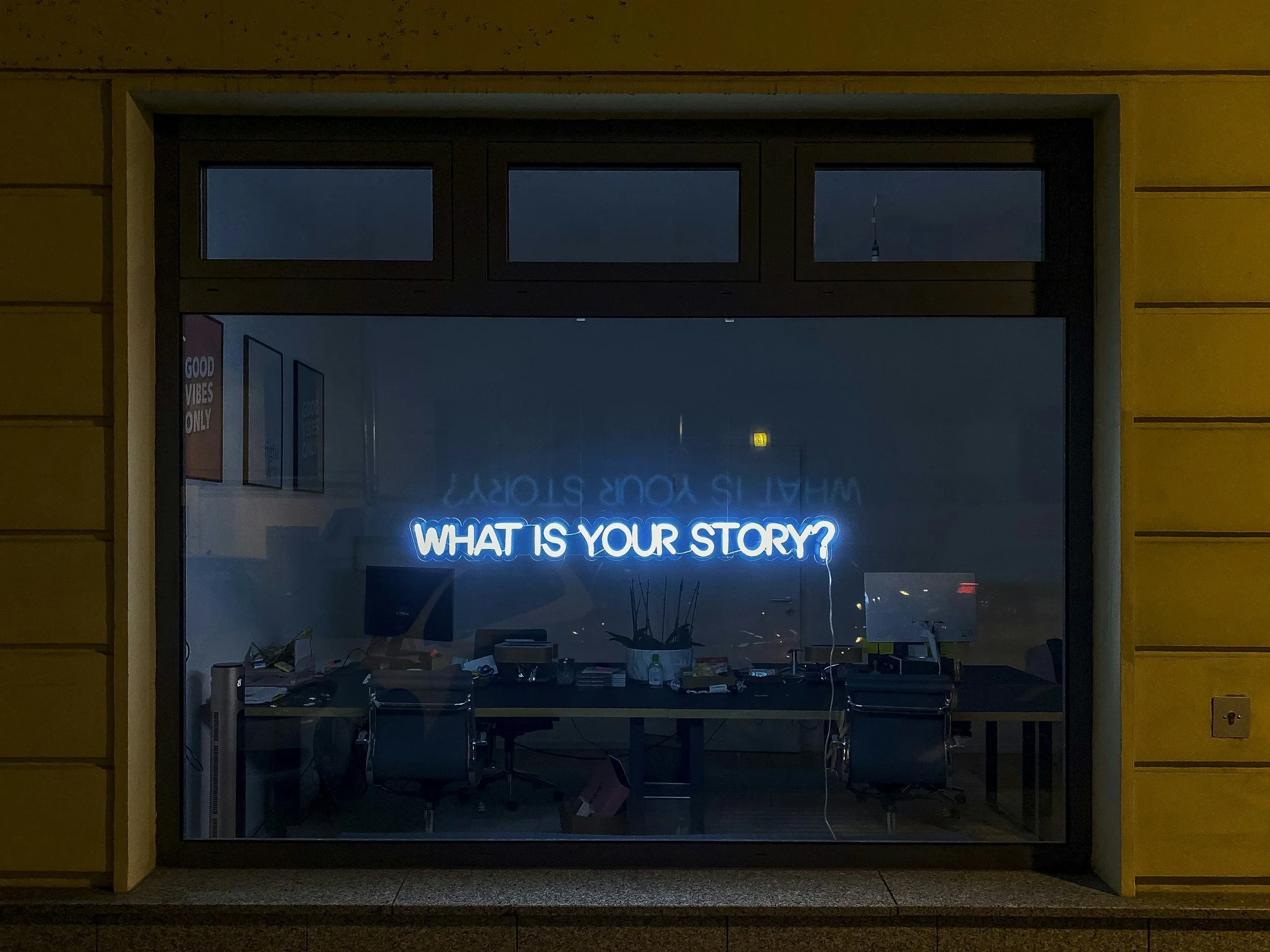
DIVING INTO THE WRECK:
EXPRESSIVE WRITING
The next group begins Spring 2026
DIVING INTO THE WRECK: EXPRESSIVE WRITING
Spring 2026 group forthcoming
DIVING INTO THE WRECK is inspired by Adrienne Rich’s poem of the same name, which you can read in full here. The group takes inspiration from the idea that there’s a difference between “the wreck” and “the story of the wreck.”
DIVING INTO THE WRECK began in 2017 as a personal nonfiction narrative workshop, offering critical feedback using the traditional workshop model. It ran until 2023 using that model; however, now participants in DIVING INTO THE WRECK groups do not offer critical feedback about the craft of writing, but instead are asked to write freely, using the act of writing as a tool for emotional exploration, personal growth, and healing. There’s an option for folks to share what they wrote after the in-session writing time and discussions center on process, not product.
Writing from DIVING INTO THE WRECK can be used to develop a creative project, prod one that’s been on the skids, and/or as an adjunct to individual psychotherapy.
What will the writing prompts be like?
DIVING INTO THE WRECK: Expressive Writing prompts will invite you to write from different parts of yourself as you reconsider
significant life events and explore the emotional landscape, core beliefs, and bodily sensations that live within.
Want to find your way out of the story you tell yourself about yourself?
Want to bring a stalled writing project back to life?
Interested in writing memoir but don’t know where to start?
Playfully engage in metaphor and creativity so that the hidden and ignored parts of yourself can emerge.
Five 90-minute
virtual meetings
Tuesdays at 7 p.m. (ET)
$300
Spring 2026 dates forthcoming
Limited space!
Each 90-minute virtual session includes:
A guided writing exercise
Optional sharing
A group discussion/reflection period
And with time permitting: psychoeducation to connect the dots

About Expressive Writing
Sounds great! Where do I sign up?
-
Expressive writing is a form of therapeutic writing that delves into one's deepest thoughts and feelings in a free-flowing and unedited manner. Unlike a regular journal or literary genre with set expectations, the primary purpose of expressive writing is to delve into, process, and make sense of difficult emotions, experiences, or parts of the self.
-
The benefits of therapeutic writing abound. Here are a few:
Process Emotions: Writing helps you organize your thoughts and feelings, allowing you to understand and make sense of difficult experiences.
Release Tension: Putting your emotions on paper provides a safe outlet, which can relieve stress and reduce the mental burden of holding them in.
Meaning Making: Expressive writing offers the opportunity to shape chaotic, painful, or confusing experiences into a coherent narrative, transforming them from a series of events that happened to you into a meaningful story you can fully metabolize and understand—bringing you closer to post-traumatic growth.
Gain Perspective: Writing also creates the necessary distance from an experience to help you see it from a new angle and to gain fresh insights.
-
Writing with others can be scary. But going it alone isn’t the answer, either. In 2023, U.S. Surgeon General Vivek Murthy declared loneliness a public health epidemic, noting that about half of American adults reported experiencing loneliness even before the COVID-19 pandemic. People who gravitate toward writing know a thing or two about isolation, as do folks who’ve struggled with their mental health.
You don’t have to go it alone. Here are a some of the unique therapeutic benefits of writing with a group:The Power of Witness: When others listen without judgment, your story is validated, and a private burden can transform into a shared experience.
Deepened Self-Understanding: Reading your own words aloud can bring new insights, leading to a deeper understanding of your emotions and perspective.
Fostering Connection: Sharing your story invites others to do the same, creating a sense of community and reminding you that you are not alone in your struggles.
Overcoming Shame: Giving voice to a personal story helps break the hold of shame, as you realize that your story is only a part of you, not all of you and not something to hide.
-
As Joan Didion wrote: “We tell ourselves stories in order to live.” But sometimes, these stories can be limiting, or even harmful. They can crowd out newer, more vibrant parts of yourself, leading to anxiety, depression, and a life that can feel smaller than it should be. As a psychotherapist and longtime writer of personal nonfiction that has delved into my own personal past, and as a teacher of creative writing with more than twenty years of experience working with people of all ages and in diverse settings, I’m uniquely qualified to help you find a new story for a new chapter in your life. Let’s dive in! The water’s warm.
